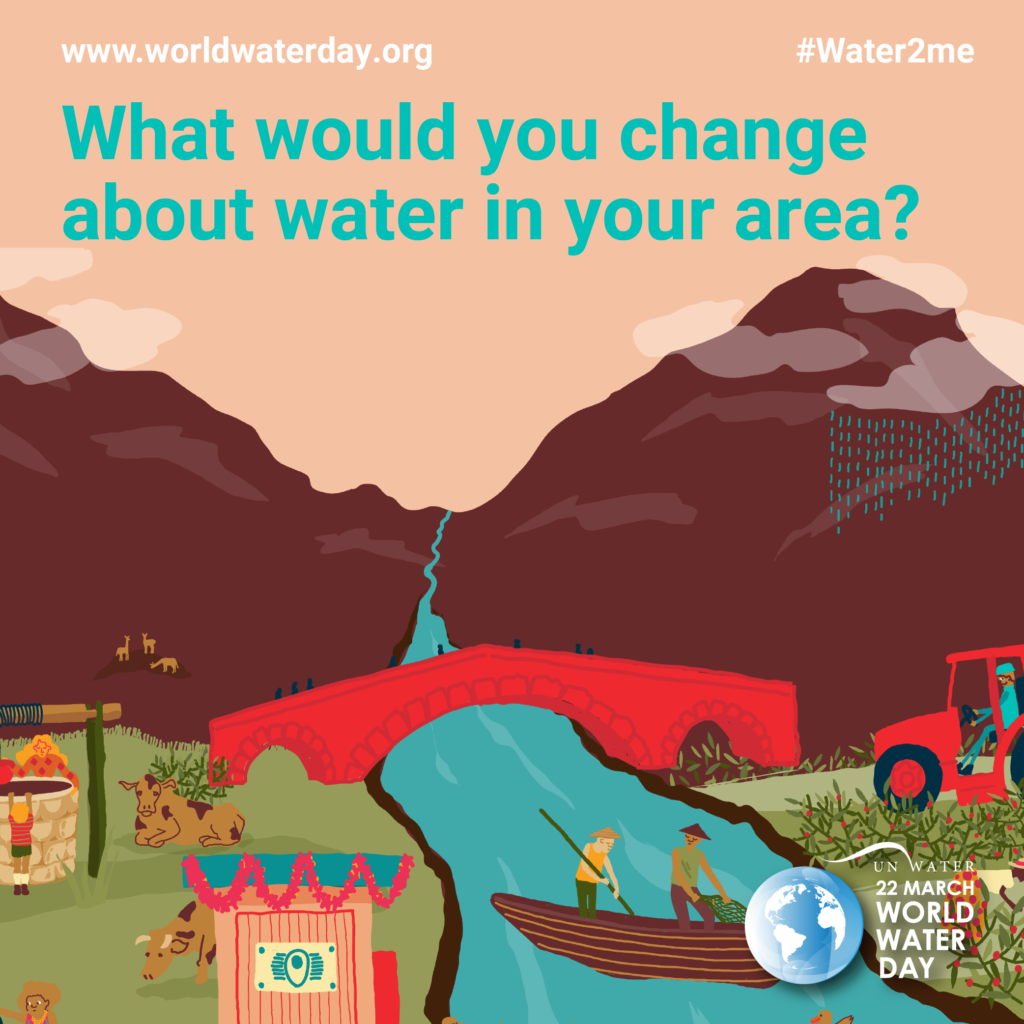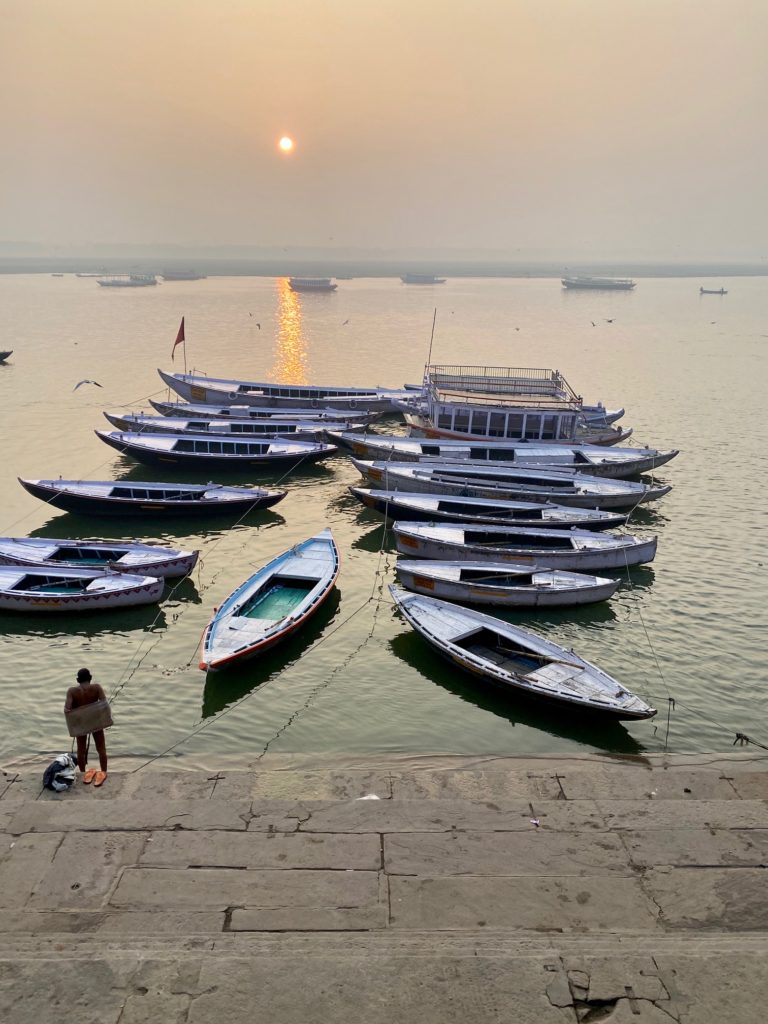Today, March 22, is World Water Day 2021, recognized by the United Nations and people around the world as a time to focus on the goal of available clean water for all.

Clean water for drinking is essential for our existence. A human can only survive without water for about three days.
While water is essential for life, the need goes beyond simple consumption. As is true of so many things, the COVID-19 pandemic has shown us the need for sanitation—being able to wash our hands, our clothes and ourselves with clean water, being able to rinse foods and a safe means by which to dispose of, or recycle the dirty water afterwards. And, even the need to monitor wastewater to help track infectious disease outbreaks.
World Bank and Sustainable Development Goal #6 (#SDG6)
The World Bank provides an extravagance of data on their sustainable development goal #6, Clean Water and Sanitation, noting the importance of water “for health, the environment and sustainable development”.
To add to the needs surrounding water and its scarcity, the World Bank states that:
Despite gains, more than half the world’s people lack access to safely managed sanitation services.
Access to water for basic necessities like bathing and waste removal is lacking for >50% of people worldwide. If basic waste removal isn’t in place, wastewater threatens local sources of clean water.
The United Nations and World Water Day
This video statement from the @UN High-Level Meeting on the Implementation of the Water-Related Goals & Targets of the #2030Agenda #SDG6, nicely sums up reasons, needs and efforts toward SDG6 by Federal President of the Republic of Austria, Alexander Van der Bellen. In the statement, Van der Bellen says:
“Dear Friends, water is essential for all life and ecosystems. It is only through international and regional cooperation that we can ensure that water is a source of peace, prosperity, life and dignity. Sustainable development goal 6 calls on us to ensure the availability and sustainable management of water and sanitation; water and sanitation for all by the year 2030.”
Van der Bellen’s comment about “international and regional cooperation” ties us together. Water scarcity and sanitation needs affect us all—it should be our next, greatest challenge, both locally and internationally.

The Challenge
The challenge of clean water for all by 2030, a mere 9 years from now, is substantial.
But to borrow a greeting from Van der Bellen, “Friends“, we are up to the challenge. It will involve (not necessarily in this order):
1) Using less water
2) Reusing water
3) Cleaning up contaminated water
4) Better distribution of existing water
5) Sanitation systems for all people
What Would You Change?
Here in southern WI we have had issues with water contamination by PFAS, radon and toxins from blue-green algae. As these links from the Environmental Protection Agency (EPA) show, there are solutions to Wisconsin’s water problems, but also much work to be done. These issues and means by which to clean them up show how closely our potable water and sanitation needs are tied. We can’t truly have clean water, without good sanitation.
What About Your Water?
What are your water challenges? What can you and your family and/or local officials do to address them? Share your challenges and concerns in the comments below.
Water. Our next big challenge? Together, I believe we are up to the task.
Want to learn more about sustainability at Promega? Read about our commitment to preserving and improving the natural environment.
Related Posts
Kari Kenefick
Latest posts by Kari Kenefick (see all)
- Fluorescent Ligands in Biological Research: Where We’ve Been, Where We’re Headed - June 27, 2024
- Cell-Based Target Engagement and Functional Assays for NLRP3 Inhibitor Profiling Help Identify Successes and Failures - January 25, 2024
- Illuminating the Brain with a New Bioluminescence Imaging Substrate - April 13, 2023
